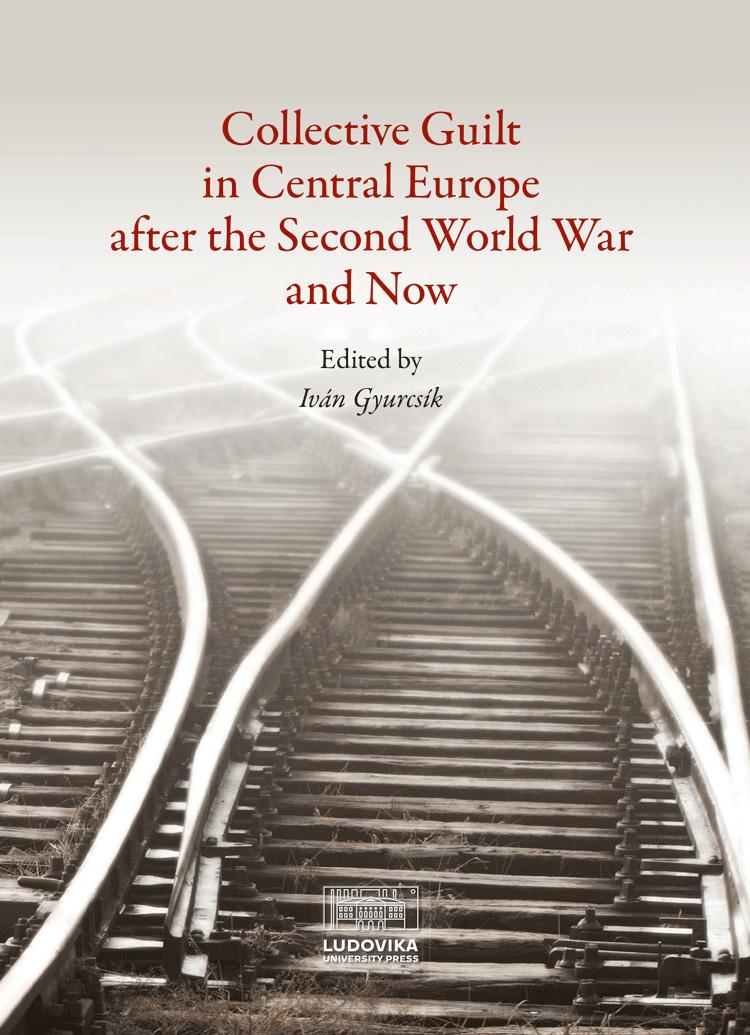The Past and Present of Collective Guilt in Yugoslavia – Some Legal Issues Related to Rehabilitation and Compensation with Special Emphasis on the Practice in Serbia
Absztrakt
The persecution and collective punishment of ethnic Germans, as well as part of ethnic Hungarians at the end of and immediately after the Second World War in Yugoslavia represents a shameful and sad moment in the European history. After the collapse of communism within the process of transitional justice, successor states of Yugoslavia enacted a legal framework for the rehabilitation and compensation of persons deprived from their life, property and liberty by totalitarian communist authorities without due process of law. Slovenia, Croatia and Serbia demonstrated no genuine determination to offer rehabilitation, compensation and reparation for Germans and Hungarians deprived from their life, liberty and property based on collective guilt and punishment. However, the situation in mentioned states differs substantially. Despite the vague provisions of the relevant laws and shortcomings in their application in practice, the rehabilitation and reparation of ethnic Germans and ethnic Hungarians persecuted and punished based on collective guilt is a living reality only in Serbia. Altogether more than two thousand ethnic Germans or their descendants claimed rehabilitation, which was granted to the majority of them.



.svg)
